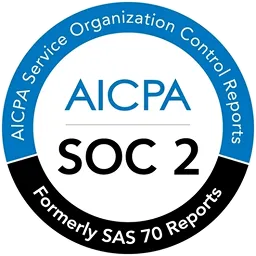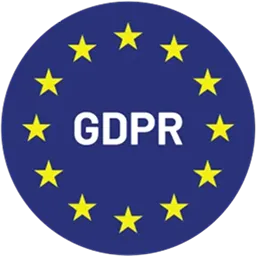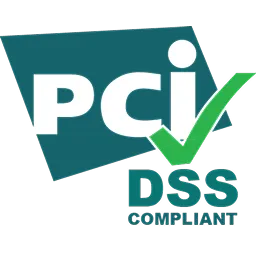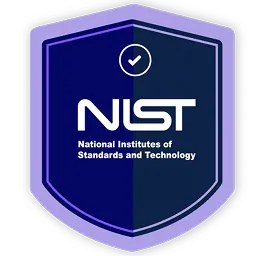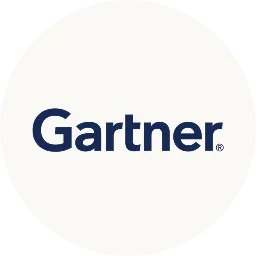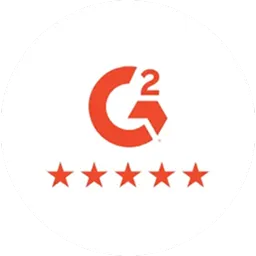California Consumer Privacy Act (CCPA) and General Data Protection Regulation (GDPR) are two data privacy regulations that aim to protect personal information and online data. Although they serve the same purpose, each standard operates differently. In this article, we'll discuss what sets these regulations (i.e., CCPA vs GDPR) apart.
The California Consumer Privacy Act and the General Data Protection Regulation were introduced to give individuals more control over their personal data. They both regulate how organizations gather and utilize individuals' personal information.
While both laws prioritize safeguarding user privacy and returning data control to users, there are several significant distinctions between CCPA and GDPR. What are these differences? Which one is suitable for your organization? To address these questions, we've provided detailed explanations of each standard and highlighted five major differences between CCPA vs GDPR.
So, let's start with what CCPA and GDPR are.
What Is CCPA?
The California Consumer Privacy Act (CCPA), often referred to as \"the California GDPR,\" is a state law that regulates how organizations manage the personal data of California residents.
CCPA’s Key Provisions Include
- Granting California residents the right to know what personal data (also includes the data collected via cookies) businesses have collected about them and how it is used and shared.
- Allowing consumers to opt out of the sale or share their data with third parties.
- Mandating companies to take consumer consent to collect and use personal data if it is sensitive or pertains to children.
- Mandating companies to delete a consumer's personal information when they request for it.
What Is GDPR?
The General Data Protection Regulation (GDPR) is a European Union wide law governing the management of personal data by companies. It aims to give EU residents greater control over their personal information. Besides, it makes things easier for businesses that work in different countries by providing clear rules everyone follows.
GDPR’s Key Provision Include
- Organizations can collect personal data for a specific, clearly defined purpose, which must be documented.
- Generally, organizations need to obtain explicit, informed, and voluntary consent from individuals before collecting or using personal data for the stated purpose. If the data's purpose changes, new consent must be obtained.
- Data needs to be deleted, anonymized or returned when no longer required.
- Individuals have the right to access their data, have it deleted or corrected, and receive a copy.
- Organizations need to have a documented legal basis for handling personal data and must transparently inform users of this basis and how the data is managed.
After going through the definition, you may have understood the basic difference between GDPR vs CCPA. However, to provide you with further clarity, we've compared both the compliance regulations based on different parameters.
CCPA vs GDPR: Comparison Based On Different Parameters
Below, we've detailed the differences between GDPR and CCPA. This comparison will help you clearly understand how they differ.
1: Data Handling Process
- GDPR regulates all activities involving personal data, regardless of why the data is being processed or the method used, except in two situations:
- Manual Data Processing: If the data is handled manually (without using computers or electronic systems) and is not stored, it is not covered by GDPR.
- Personal Use: If individuals process data for their personal activities, it is also not covered by GDPR.
- On the other hand, CCPA has more detailed rules about which types of data are protected and how businesses must handle it.
- For instance, under the GDPR, businesses must obtain explicit permission from users (opt-in) before they can use their data. This means users have to actively agree to have their data processed.
The CCPA requires businesses to provide users with an opt-out option, which means users can choose to stop their information from being sold or shared.
However, the CCPA does not protect certain types of data:
- Data that is already public.
- Medical information protected under HIPAA and CMIA.
- Personal information covered by California's Driver's Privacy Protection Act.
2: Privacy Policy Requirements
- Under the GDPR, companies have to provide a transparent privacy policy that discloses the following:
- What personal information they are collecting and using
- Why are they using those personal information
- How long they'll keep the personal information
- Who they might share personal information with
- Individual rights over their personal information and how they can practice them
- Why are they allowed to process personal information
- If they are going to send personal information outside the EU and how they'll keep it safe.
The privacy policy should be simple and easy to understand. Also, if organizations use cookies, they must include a cookie policy. Most importantly, if they need individual permission to use their personal information, they must ask them clearly and directly (on a legal basis) before collecting it. - Although CCPA has similar requirements for privacy policies, there are certain differences.
Unlike the GDPR, the CCPA doesn't mandate explicit consent from individuals before collecting personal information. Instead, the focus is on providing clear notice and allowing consumers to opt out of data sales. However, companies still have to clearly explain how they collect and use data and offer accessible options for users to enforce their privacy rights.
Furthermore, under the CCPA, companies have to disclose the following in their privacy policy:
- Companies need to disclose which specific piece of personal information they collect, how it's used, and whether it's sold or shared.
- They need to provide an easy-to-access privacy policy (and cookie policy) explaining consumer rights and how to use them, along with details on data processing.
- Companies need to clarify how they handle sensitive data or data belonging to children.
- The policy language must be clear and understandable for the average person without complicated legal terms.
3: Consent Requirements
Both CCPA and GDPR emphasize on getting cookie consent from users, but they do it differently.
- According to GDPR, companies need to get clear and direct approval from individuals before they gather and handle their personal data.
This means users have to say "yes" or actively agree (an "opt-in" model) before their data is collected. Companies can't just assume someone agrees because of something unrelated they did or didn't do. Individuals also have the right to change their minds or say "no" at any time.
Furthermore, this rule also applies to tracking cookies, which are seen as a type of personal data under the GDPR. - Meanwhile, CCPA doesn't mandate explicit opt-in consent for gathering personal data, except for sensitive data (which could cause significant harm if misused) or data belonging to children.
Instead, it grants consumers the right to opt out of their personal information being sold to third parties (and, with the CPRA, shared as well).
Simply put, organizations can collect and use most personal data without explicit user consent. However, they must include a "Do Not Sell My Personal Information\" link on their website to allow consumers to opt-out. With the CPRA, this link must be updated to read "Do Not Sell Or Share My Personal Information.”
4: Applicability
- GDPR applies to two main types of entities: data controllers and data processors that process or deal with the personal data of residents in the European Union (EU).
- Data Controllers: These are organizations that decide the purposes and methods of processing personal data. They are responsible for determining why and how personal data is processed.
- Data Processors: These are organizations that handle personal data on behalf of data controllers. They perform processing activities according to the instructions provided by the data controllers. Essentially, they carry out the tasks related to processing personal data as directed by the data controllers.
- Whereas, CCPA is applicable to for-profit organizations (profit entities) that provide services to these organizations. Furthermore, for a company to be subject to the CCPA, it must meet at least one of the three conditions listed below.
- Generates more than $25 million in annual gross revenue.
- Engages in commercial activities involving the personal information of 100,000 or more households, devices, or consumers through buying, selling, receiving, or sharing.
- Makes 50% or more of its annual income from selling or sharing personal data.
5: Fines & Penalties Of Non-Compliance
- Financial penalties for non-compliance with GDPR can be as high as $24 million) or 4% of the violating organization's global annual turnover from the last fiscal year (the greater amount will be applied for non-compliance).
Note: In such non-compliance cases, the fines are distributed based on a company's total assets. - On the other hand, the CCPA takes a different approach from the GDPR. It does not immediately fine organizations for non-compliance; rather, penalties are only enforced when a data breach occurs.
In the event of a breach, all prior violations relevant to the breach are considered and fined individually. The maximum fines are—$2,500 for general violations, $7,500 for intentional violations, and $100 to $750 for damages in civil court. Note: CCPA also allows affected consumers to independently sue the responsible party.
CCPA vs GDPR: Comparison Table
Here’s a brief overview of CCPA vs GDPR comparison in tabular format:
After reviewing the differences between CCPA vs GDPR, you may be confused about which regulation to implement. Below, we have discussed how you can determine which one to choose.
Which One To Choose For Your Organization?
Choosing between CCPA and GDPR compliance involves careful consideration of various factors, such as your focus and priorities, geographical scope, the type of data you handle, the size of your organization, and more.
- For example, if your organization is based in the EU and handles data of European citizens, you need to comply with GDPR. Similarly, if your organization is based in California and deals with California citizens' data, you need to meet CCPA regulatory compliance.
- Another example is if your organization is more focused on ensuring the privacy of consumer data, you can go for GDPR, as it prioritizes keeping personal information private by default. Meanwhile, if your prime focus is to ensure transparency, then CCPA is more apt for your organization, as it aims to make data activities in California more transparent and educate users about their data rights.
By considering these factors, you will be able to determine which compliance is suitable for your organization.
However, at times, you may have to comply with both data privacy regulations. For example, if a business follows GDPR rules but also serves customers in California, it needs to adhere to CCPA requirements as well. Likewise, if a business follows CCPA regulations but wants to work with EU citizens, it must ensure it's GDPR compliant.
However, regardless of the regulation you choose, you need to understand that achieving compliance is not an easy task. It involves meeting multiple data security requirements, which cannot be done manually.
So, to simplify the compliance process and successfully comply with the standards, you can opt for a proper access review platform. One such solution is Zluri. What is Zluri? How does it work?
Zluri: Your Ultimate Solution To Comply With Data Security Regulations
Zluri offers an access review solution that is designed to simplify and streamline the compliance process by automating the certification process.
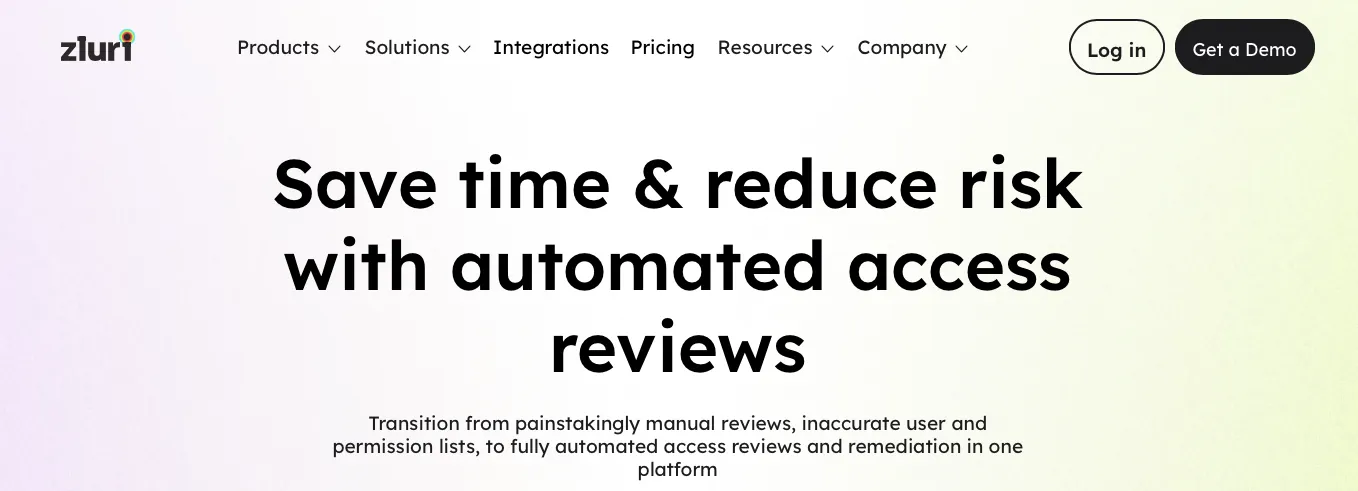
How does it work? Here's how:
- Enables Your Team To Create Automated Workflows
With Zluri's access review, your team can create access review workflows, which allow them to verify multiple users' access rights—who has access to what within the organization—with just a few clicks.
If any user holds unnecessary access, your team can also create workflows that trigger actions to restrict or revoke access. This way, your team can ensure the safety of critical data against data breaches.
- Conducts Periodic Reviews
Zluri Access Review conducts periodic access reviews that allow your team to monitor users' existing access rights. This can further ensure that users hold access permissions only to what's necessary.
- Documents The Review Process
It also allows your team to record the complete access review process and what necessary actions were taken to change the user's unnecessary access rights. This helps demonstrate that your organization has effective controls in place to maintain data integrity, which fulfills the requirements outlined by data privacy laws and regulations (like GDPR and CCPA).
To learn more about Zluri's access review, book a demo now.
FAQs
What Are Some Key Similarities Between CCPA And GDPR?
Both regulations prioritize protecting individuals' privacy rights, require transparency in data processing practices, and grant individuals rights over their personal data, such as the right to access and delete their data.
Does Your Organization Need To Comply With Both CCPA And GDPR?
It depends on your business operations. If your organization handles the personal data of both California residents and EU citizens, you may need to comply with both regulations.






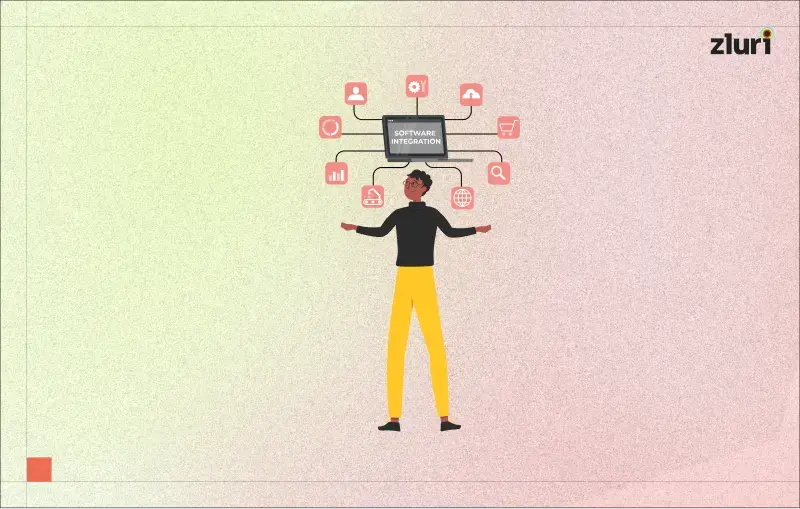

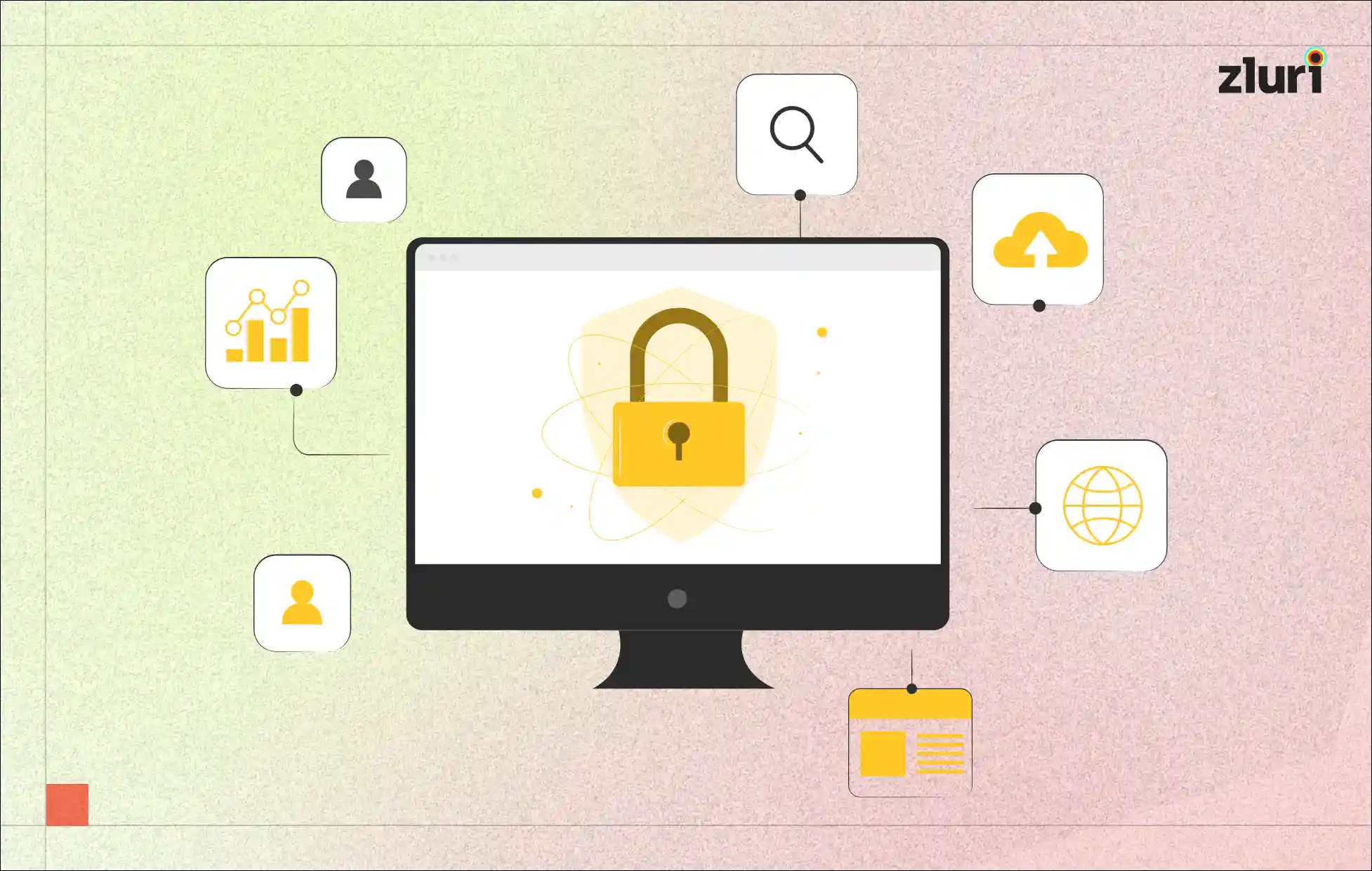
.svg)



